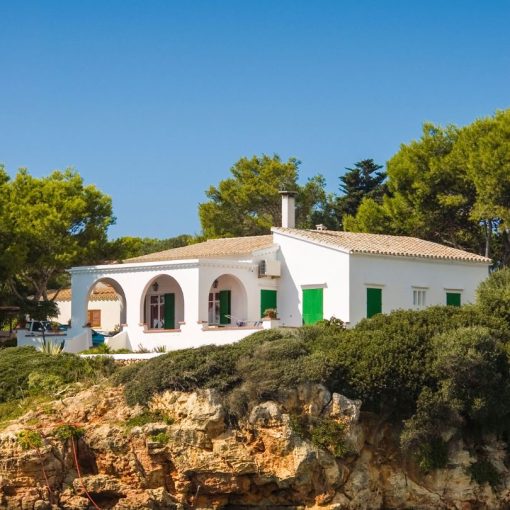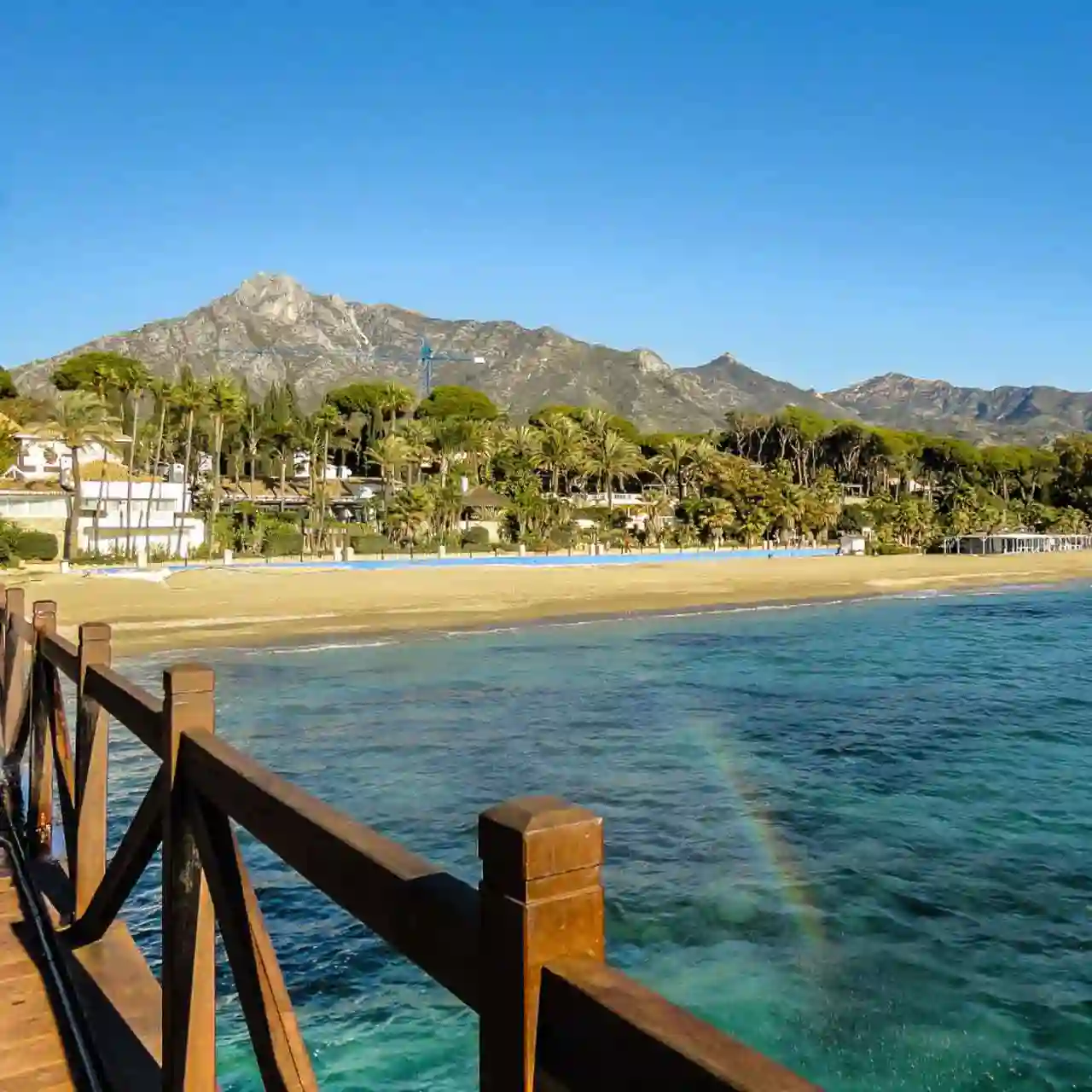If you’re exploring property ownership in Spain or already own a holiday home there, you might be wondering about the duration of stay permitted in the country for property owners: How long can you stay in Spain if you own a property?
Unfortunately the answer is not as simple as you might hope. This is because there are multiple factors that determine how long you can spend in the land of sun and sangria.
Owning a Spanish property can play a small part in how long you are allowed to stay and we will explore this. As an expat who relocated to Spain in 2022 I bought a property in Marbella. I carried out extensive research on the best approach and consulted professionals. As I am fortunate enough to have dual citizenship of both the UK and EU, it was important to understand how entering Spain on each passport would affect me.

EU Citizens
If you are an EU passport holder, the “Freedom of Movement” law gives you the right to reside freely within any territory in the EU including Spain. You wont need to apply for a visa or residence permit to stay as long as you like in Spain. Owning a property in Spain will not help or heed you in any way towards your duration.
But there are some important aspects to note:
- If you plan to stay longer than 90 days, you are required to register, and this process is called “empadronamiento”. You can get it for free, usually via the local town hall, it is quite easy and quick to do.
- If you reside in Spain continuously for 5 consecutive years, you then have the right to permanent residence.
Non-Eu Citizens

Non-EU citizens are restricted to stay up to 90 days out of any 180 consecutive days in Spain. It is referred to as a Schengen Visa and applies to the Schengen area of Europe. Owning a property in Spain won’t help with this unfortunately, but if you are buying a new property in Spain it may grant you longer access. We will look at this shortly. If you do want to stay longer you will need to obtain a “Long Term Visa” or “Residence Permit”.Here are some examples you can explore :
- Non-Lucrative Residence Visa: Lets you live in Spain without working. Initially, it’s usually granted for up to a year and can be renewed.
- Work Visa or Residence Permit: If you’re working in Spain, you’ll need this. The duration depends on your job contract and other factors.
- Investor Visa (Golden Visa Spain): Invest significantly in qualifying investments for residency rights. This permit often allows a longer stay. We will explore this in detail later.
- Student Visa: If you’re studying in Spain, you can get a student visa. The duration depends on your academic program’s length.
What difference does a Property make?

If you already own a Spanish property, it unfortunately won’t help with staying longer. However, if you are exploring buying a new property in Spain, it can be used to help you obtain residency, and therefore allow you to stay as long as you want. This is done via the Golden Visa process. While there are various options to a Golden Visa, one popular choice for residency is “investment”. You can find out more about this in our article, Understanding Spains Golden Visa.
You may have heard other stories, that owning a property grants you more time, but these are nothing more than stories. Pay no attention, otherwise you could find yourself being subject to deportation, entry bans or even jail time.
TAX
It is important to know that residing in Spain will have tax implications and for this reason, some property owners choose not to become residents. Non residents must be careful of staying in Spain for over 6 months in a calendar year. This will automatically qualify you as a “Tax resident”, even if you are a tax payer in another country. Famously, authorities caught the Colombian singer “Shakira” violating this law and required her to pay a €7.5m fine to the Government, who were claiming €23.8m if prosecuted. You can read about this here.

While tax residency does not bring any rights to citizenship, or grant you extra time here, it will expose you to paying different taxes on your income, capital gains and assets including your Spanish property. I recommend speaking to a professional tax advisor, if you plan to spend longer than 6 months in Spain during a calendar year. As I moved here permanently, it was important that I exited my existing Tax registration in the UK, before entering the Spanish Tax system. Otherwise, I could have been at risk of paying tax in both countries.

